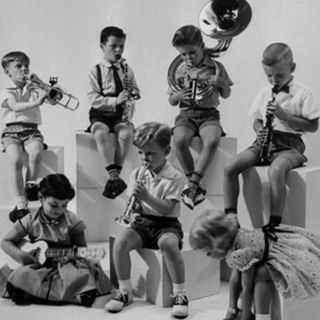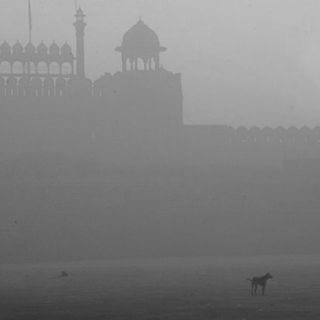India’s highest child rights body has drafted a proposal that would limit unaided, private schools across the country to a maximum 10% yearly fee increase, subject to penalties if violated, reports Hindustan Times.
The draft comes after an increase in parents’ complaints about arbitrary fee hikes at their children’s schools, which vary even within the same metro; in Delhi and Mumbai last year, private school fees increased anywhere from 10 to 40%.
State governments usually moderate school fees, though most lack a fixed policy toward unaided private schools; while Maharashtra, Tamil Nadu, Gujarat, Punjab and Uttar Pradesh all have attempted regulation, lax monitoring has not stemmed arbitrary fee hikes, prompting calls for the Centre to step in. The National Commission for Protection of Child Rights will be sending the proposal to the Human Resource Development Ministry, which oversees national educational.
Any resulting policy would affect millions of families across India, whose 350,000 private, unaided schools make up 24% of all schools and run without any financial support from the government. These schools educate 75 million students – 38% of all Indian students.
The child rights commission has recommended a uniform fee framework for all private, unaided schools, as well as district regulatory boards to monitor compliance. Schools found in violation would be subject to a fine of 1% of revenue, which would increase to 2% and 5% in the cases of second and third violations. Any further violations would see schools barred from admitting new students.
“Instead of closing the school, which jeopardizes the schooling of existing students, we have proposed that no fresh admission should be allowed in the school. This will allow the existing students to complete their education,” reasoned a commission official involved in drafting the proposed regulations.
The commission’s proposal further suggests a formula to determine a school’s fees based on location, expenses, revenue, student body size, and more.
Expectedly, the prospect of fee regulation doesn’t sit well with private, unaided schools.
“[It’s] not practical,” Avinash Chandra, a member of National Independent School Alliance, told HT. The National Independent School Association is a federation of private, unaided schools from across India. “Private schools don’t get any aid from government and need to raise their own revenue. We have to spend on [upgrading] the school infrastructure from time to time. We also have to give good salary package to teachers.”
In any case, it’s unlikely the commission’s recommendations will be adopted any time soon.
“The private school lobby is very strong and will not allow it to go through,” Vimla Ramachandran, a professor at the National Institute of Educational Planning and Administration who specializes in elementary education, told HT.




